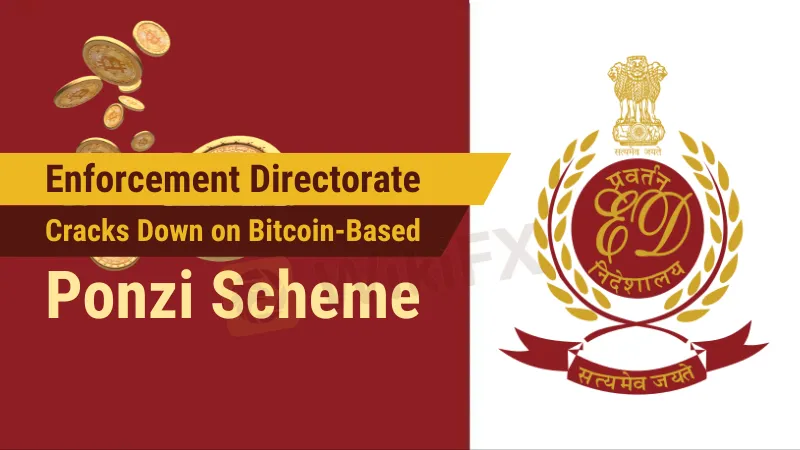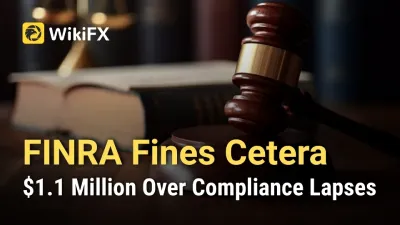Abstract:ED arrests Nitin Gaur in a major crackdown on a Bitcoin-based Ponzi scheme, uncovering a complex web of financial fraud in India.

The Enforcement Directorate (ED) has made a significant breakthrough in a high-profile money laundering case involving a Bitcoin-based Ponzi scheme. Nitin Gaur, a resident of Delhi, has been arrested for his alleged involvement in the scheme operated by Singapore-based Variable Tech Pte Ltd.
Nitin Gaur was apprehended in Delhi on December 29 and subsequently brought to Mumbai. A city court has remanded him in ED custody until January 6. This development follows a series of investigations initiated by the ED in 2018, which stemmed from multiple police reports filed in Maharashtra and Delhi against Variable Tech and associated individuals.
The Ponzi scheme, masterminded by Amit Bhardwaj and his associates including Ajay Bhardwaj and Vivek Bhardwaj, has been a subject of concern for authorities. ED's probe revealed that investors were enticed by promises of high returns in cryptocurrency. However, these returns were never paid, leading to substantial financial losses for many.

In a striking revelation, Nitin Gaur has been identified as the brother-in-law of Ajay Bhardwaj, a key accused who is currently evading arrest. Gaur's arrest comes weeks after Simpy Bhardwaj, Ajay's wife, was taken into custody by the ED on December 17.
ED officials have disclosed that their investigation includes examining the roles of various cryptocurrency traders. Evidence suggests that these traders might have converted cryptocurrency into Indian currency, thereby creating a complex web of financial transactions without any clear accounting trail.
Moreover, the ED has conducted searches at premises linked to certain hawala operators, suspected of being associated with the firm's promoters. During these operations, suspicious financial activities were uncovered, necessitating further investigation.
A crucial part of the ED's investigation has been the analysis of blockchain technology, which forms the backbone of cryptocurrency transactions. This has led to the discovery of Nitin Gaur's involvement, as he is alleged to have knowingly received proceeds of the crime in his cryptocurrency account from Ajay Bhardwaj.
The modus operandi of the accused involved collecting bitcoins from investors under the pretense of offering a 10% monthly return. These bitcoins were supposedly for bitcoin mining, promising substantial returns in crypto assets. However, the reality was far from this, as the investors were cheated, and the collected bitcoins were concealed in various online wallets.
To date, the ED has attached assets worth ₹69 crore in connection with this case. The agency is also seeking international assistance to bring this investigation to a conclusive end.
The arrest of Nitin Gaur marks a significant milestone in the ED's efforts to combat financial fraud and protect investors from deceptive schemes.
This case serves as a stark reminder of the risks associated with unregulated financial ventures, especially in the digital currency space.










